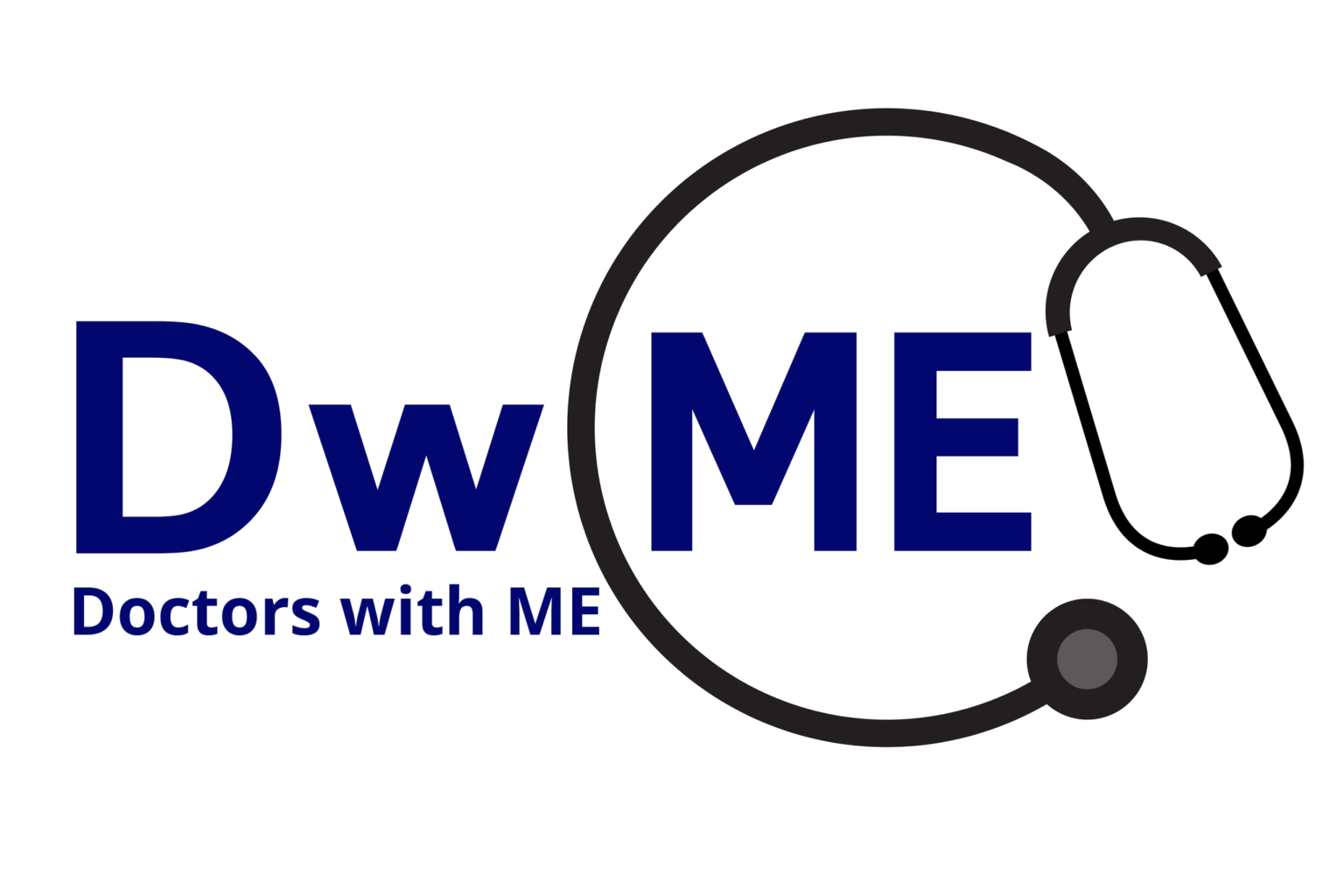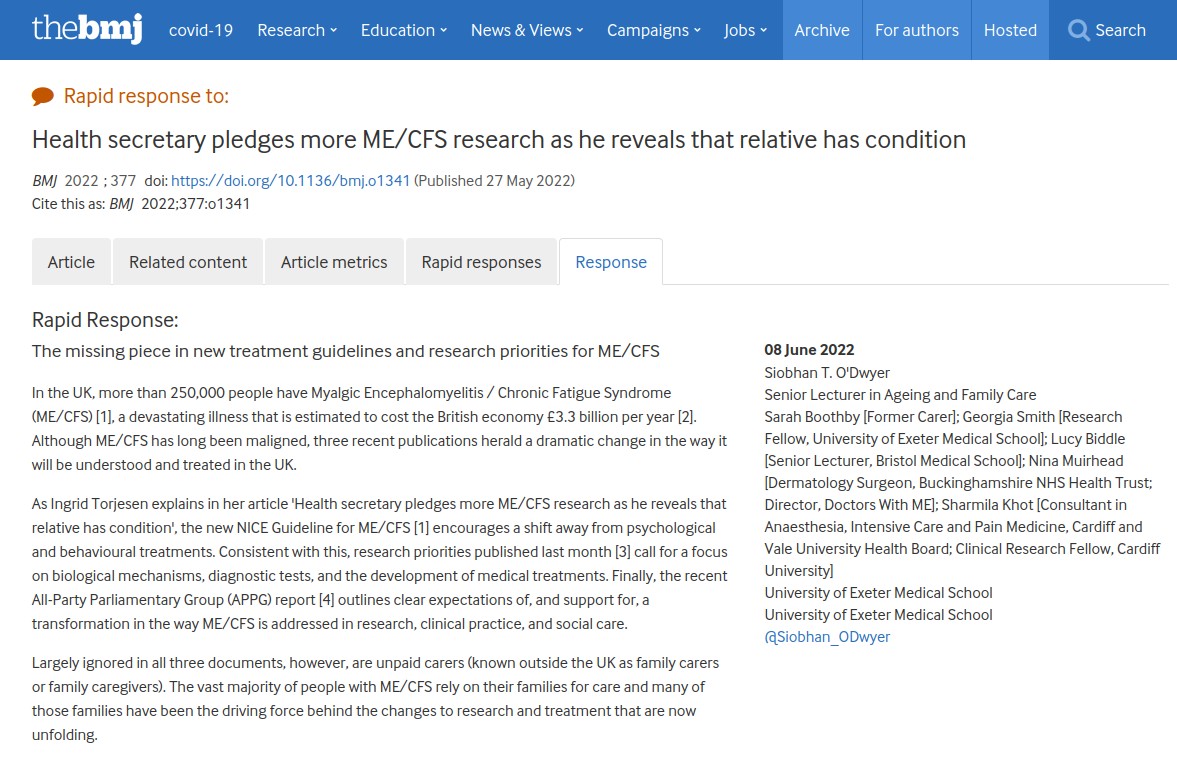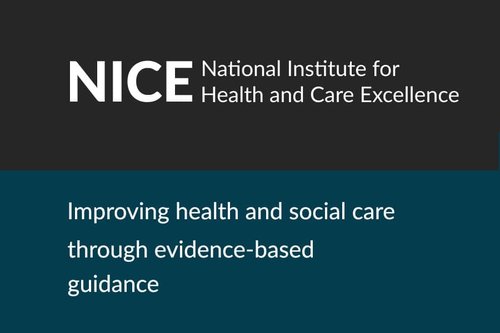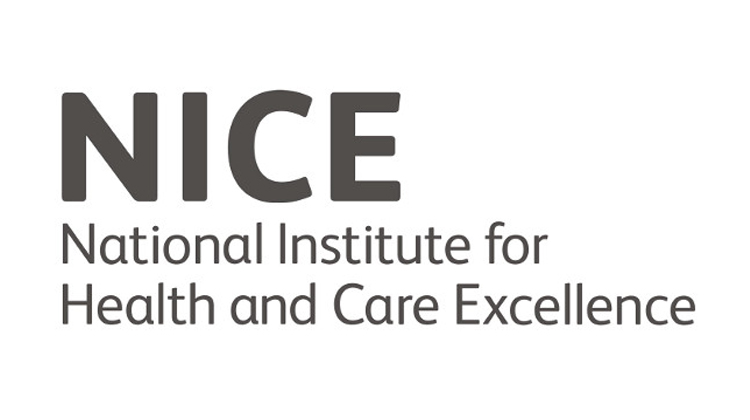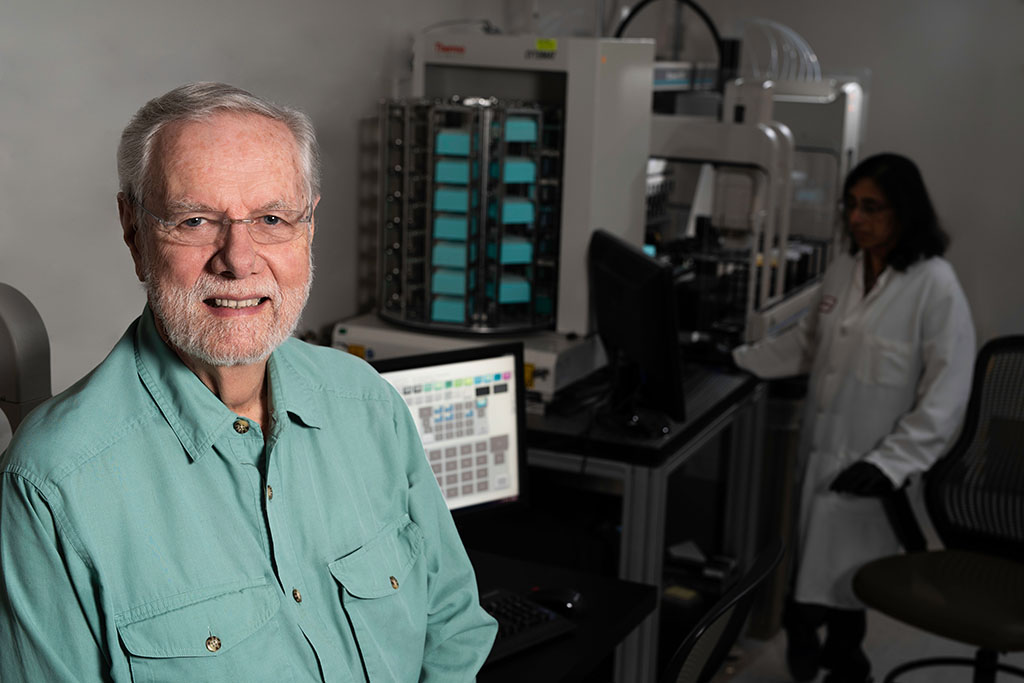A call for change in the face of long-standing regulatory failure
The following public communication from our Governance Board regards the opportunity for a new “Medical Regulatory Agency”, ready for the post-brexit and the machine learning digital eras.
The letter also contains background pertaining to long-standing regulatory failure, unlawful medical norms, contra-scientific medical belief systems and their contributions to lack of pandemic readiness. These failings had already underwritten 12 digit costs to the nation, pre-pandemic.
Freedom of information requests are also contained therein.
Full text
28th August 2021
Department for Health and Social Care
- Rt. Hon. Sajid Javid MP, Secretary of State for Health and Social Care
- The Rt Hon. the Lord Bethell, Parliamentary Under-Secretary of State for Innovation
- Sir Chris Wormald KCB, Permanent Secretary,
Medicines & Healthcare products Regulatory Agency
- Dr June Raine CBE, Chief Executive
- Stephen Lightfoot, Chair
- Jon Fundrey, Chief Operating Officer
- Jonathan Mogford, Director of Policy
House of Commons
- Rt. Hon. Jeremy Hunt MP – Health Select Committee Chair
- Rt. Hon. Greg Clark MP – Science and Technology Select Committee Chair
- Carol Monaghan MP, ME/CFS APPG Chair
- Layla Moran MP, Coronavirus APPG Chair
CC National Institute for Health and Care Excellence
- Professor Gillian Catherine Leng CBE, Chief Executive
- Dr Paul Chrisp, Head of Guidelines
As the global professional association for medical practitioners, scientists and researchers in the field of post-viral disease and related conditions, we write publicly with concerns that have been expressed across the global scientific and medical communities. These reinforce longstanding concerns that call the credibility of the National Institute for Health and Care Excellence (NICE) and its governance into question, with economic costs on a twelve figure scale and unnecessary frontline liability generation.
Specifically, we call for an open dialogue and your consideration of:
- a restructure that replaces NICE, merging it into the Medicines & Healthcare products Regulatory Agency (MHRA) to form a new unified “Medical Regulatory Agency” to enable opportunities of scale and scope, not limited to enhanced analytics and artificial intelligence/machine learning or
- the duplication of MHRA capabilities, technology, analytics, culture and practices into NICE, to track a) unquantified harms/liability generation of non-pharmacological/non-device treatments and b) their cost-effectiveness (in particular, duplicating implementation and administration of the MHRA Yellow Card scheme and dependent teams)
We also make Freedom of Information Act requests for specific communications between the Department and agencies, which are specified below.
The opportunity of a new overall Medical Regulatory Agency would directly address concerns regarding NICE standards and decision making that are being scrutinised globally, which we outline below. More generally, a single Medical Regulatory Agency offers a dividend from the UK’s exit from the European Union, uniting and rationalising artificially divided medical regulation under the current MHRA structure. The EU single-market contributed to ongoing separation of the MHRA, which is no longer implied by a supervisory role of the European Medicines Agency. Such a practical move would be unusually straightforward to implement via adjusting reporting lines of NICE divisions, into those MHRA divisions with related remits or skills. This allows for phased departmental synergies over time and prioritises value for money for the taxpayer. Gradual rationalisation of overlapping internal services plus cross-fertilisation of teams and culture enables more than payroll efficiency. The exponential digital intelligence opportunities from unifying data sets in a joined up 21st century regulatory framework cannot be overstated. Integration of other regulatory bodies also becomes a future option e.g. the Care Quality Commission.
The Secretary of State will recall the successful precedent of an analogous restructure from his tenure as Economic Secretary to the Treasury – the 2012/13 abolition and division of the Financial Services Authority. The shift of FSA teams into the new Prudential Regulation Authority successfully united expertise and culture under the Bank of England. This not only met the challenge of reform. It also allowed for cross-fertilisation of talent, culture, datasets and systems between previously disparate teams. This primed that entire sector for the challenges and opportunities of a data rich era.
Similarly, reform and restructure of NICE into the MHRA’s culture and systems will advance necessary medical, scientific and cost benefits. In particular, the MHRA’s current regulatory remit over medicines, devices and blood products offers consistent culture, discipline, processes and capabilities. A primary example of this is the independence of the MHRA Yellow Card scheme. This is ideally placed to also track unquantified harms or efficacy of non-pharmacological and non-device therapies that NICE outline. This remains a costly gap that has undermined NICE guideline formulation and led to questions about the rigour and independence of decision making for many years.
Our call for unified, digitalised healthcare regulation comes in a specific context – the long term and immensely costly failure by the NHS and NICE versus ME/CFS and post-viral disease. End-to-end regulatory discipline and data, from licensing to practice, would mitigate ongoing risks from habitual NICE accommodation of contra-scientific medical norms and belief systems of the kind experienced in this field. Such accommodations have no lawful role to play in policy formulation and already lead to unnecessary risks and liability accumulation for front line organisations. Sufficient evidence of harms from wasteful or dangerous treatments would have already been quantified by MHRA Yellow Card discipline. Exercise therapies and distorted versions of cognitive behavioural therapy enabled by NICE since 2007 would have been withdrawn years ago.
Regardless of next steps following NICE’s August ‘pause’ of 2021 guideline publication, evidence based policy has been undermined again as a concept, setting dark precedents for medical regulation and value for money. A three year meticulously science-led process determined a 100% failure rate of the literature underlying medical norms, led by peers across disciplines on the NICE Guideline Development Group committee. This corroborated the scientific consensus, conclusions by the US Institute of Medicine and last week’s publication of Mayo Clinic guidelines. The surreality of NICE pausing publication because senior professional bodies insist on being scientifically misinformed is worse than circular – it has questionable legal foundation. NICE then made publication of the guidelines conditional upon a “Roundtable Event”, another legally questionable move. Once again, NICE is holding scientific conclusions hostage to medical norms and belief systems, in the face of collapsed scientific and legal justifiability. This was after the final embargoed copy of the guideline already contained last-minute amendments that undermined the entire practical basis of a science-led document. Additional accommodation of contra-scientific medical norms has no legally or scientifically sustainable reason that we can envisage. Such developments are most easily explained as balancing intra-profession politics and labour relations with a misapplied workforce, which is used to operating without and against evidence (often unknowingly, often insistently). That is clearly not the spirit or basis of NICE’s statutory remit, which suggests the various accommodations to each be ultra vires and open to potential Judicial Review.
This debacle was already preceded by over a decade of insistent accommodation of ‘eminence over evidence’ and a lack of consistent evidence-driven independence in NICE. The current 2007 Guidelines in force are so demonstrably baseless that ignoring them becomes an enforceable requirement. The repeated insistence by NICE on past failures over numerous years had already cost the nation 12 digits of unaddressed economic losses pre-pandemic, undermined research economics, ideation and efficiency, left the nation exposed to long-covid and has underwritten statutory discrimination, abuses of power and other normalised unlawful practices on the frontline.
We are forced to respectfully highlight the fact that departments and agencies have received low-standard medical advice over a number of years, misrepresenting science and scientists. This promotion of contra-scientific and legally unsustainable medical norms has misinformed policy and legal advice, against public and private sector interests. August individuals and organisations in the medical profession have demeaned the definition of science itself for too many years, neutering frontline progress and research and underwriting unlawful behaviour. This has been perpetuated by proactive interference in careers and peer-review mechanisms, undermining policymaker scientific awareness. Rigorous scientists that promote probity and discipline in ME/CFS have had no access to power and funding historically. Scientists and medics even fear professional retribution if they stand for science too loudly in this field – surreally relegating their conversations to scientific organisations, including those governed by Nobel Laureates. The recent push by the RCP, RCPCH and RCOT against NICE was sufficient to force even a body of state to ‘pause’ its lawful obligations, scaling up the same interference and promotion of evidenceless belief systems that we see at a grassroots level. The woeful history of this field does mean that concerns about good faith amongst scientifically informed professionals and patients alike are entirely rational.
Further to all of the above and under the Freedom of Information Act, we formally request copies of all electronic and paper communications and records:
- regarding NICE ME/CFS guideline processes, considerations or decision making from January 2018 to the present time
- not limited to handwritten letters or notes, email, PDFs, SMS, Whatsapp, Signal, other electronic messaging, voicemail recordings, analogous media, etc.
- including those stored in cloud or offsite backup and deletion-retention systems, including for telecoms systems
that have occurred between 1) the Department of Health and Social Care and NICE, or 2) between either the Department or NICE and any of the following parties:
- NHS England
- NHS Improvement
- Universities Hospitals Bristol
- University Hospitals Bristol and Weston NHS Foundation Trust
- Barts Health NHS Trust
- St Bartholomew’s Hospital
- Staff, elected officials, trustees, officeholders or agents of
- Royal Society of Medicine
- Academy of Medical Royal Colleges
- Royal College Of General Practitioners
- Faculty Of Occupational Medicine
- Royal College Of Paediatrics & Child Health
- Royal College Of Physicians Of Edinburgh
- Royal College Of Physicians
- Royal College Of Psychiatrists
- Faculty Of Public Health
- Royal College of Occupational Therapists
- Cochrane Library
- Staff, fellows, officeholders or agents of
- UK universities (machine identifiable by .ac.uk. domain suffix)
- not limited to Kings College London, The University of Oxford, The University of Edinburgh, Liverpool School of Tropical Medicine and University of Bristol
This request does require that all relevant IT departments contact email administrators to place a hold on deletions, particularly of time-limited deletion-retention systems (including cloud providers where necessary). This request is in the public interest and proportionate to the twelve figure economic impact pre-pandemic, the post-pandemic Long Covid impact and the public health impact, as defined by rock-bottom quality of life scores versus nearly all diseases and common prevalence (relative to Parkinson’s, multiple sclerosis, stroke or cancer for example). The scope of the request is not vexatious, being specifically targeted at a defined topic and defined relevant parties, allowing for targeted electronic retrieval.
We look forward to your consideration of the issues and solutions that we highlight. There is a real opportunity for regulatory overhaul, efficiency and digital readiness for the post-brexit age. Meticulous scientific reviews that corroborate the scientific consensus can no longer be held hostage to labour relations exercises by NICE, even regardless of its lack of legal foundation. Our panel of experts and Honorary Fellows are open to discussing the context with department or agency officials. This can include projects that investigate the data points that an expanded licensing and Yellow Card system would require.
Sincerely and in anticipation,
Governance Board
Doctors with M.E.
(NICE ME/CFS Guideline Review Stakeholders via Forward ME status)
Appendix – NICE Timeline, 2007-2021
- 2007: Introduction of unscientific guidelines, based on research that has repeatedly failed regulatory and professional review, resulting in sufficient evidence of harm (complaints that have since been entirely vindicated did not result in a “Roundtable” of the August 2021 sort)
- 2009: Quasi-extrajudicial termination of Judicial Review, leveraging unusually aggressive and tenuous grounds against both plaintiff and their lawyer to ensure process could not proceed
- 2009-2017: Persistent NICE rejections of calls for review, despite objective criticisms and later assessment of the evidence (high profile media dismissals consistently evaded investigation of criticism of medical norms by scientists inc. Nobel Laureates, focusing on smearing patients instead)
- 2018: Eventual submission by NICE to the global scientific community for a guideline review
- 2018-2019: Evasion of scientifically informed expertise when deciding guideline committee membership and requiring pressure on NICE by the global scientific community and patient communities
- 4/8 2021: Last minute accommodations of legally unsustainable medical norms into the embargoed copy of the guideline
- 17/8 2021: Submission by NICE to calls for a legally questionable delay from senior professional bodies that are not scientifically informed and do not carry the liabilities for ongoing failures, apparently breaching its own procedures in doing so.
- 27/8: Statement by NICE making publication of the guidelines conditional upon a “Roundtable Event”, another legally questionable move that again holds scientific conclusions hostage to calls for contra-scientific medical norms to be maintained, in the face of collapsed scientific and legal justifiability.
Appendix – Press Release, 17th August
Rapid Response and Expert Comment: NICE Guideline Delay and Accommodation of Unlawfulness
